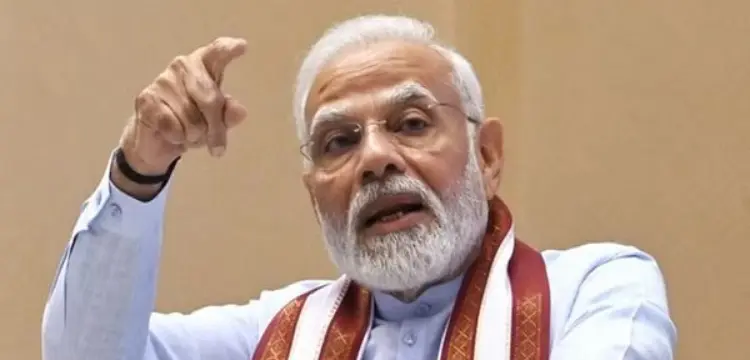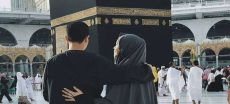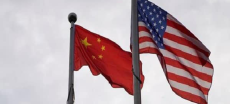[vc_row][vc_column][vc_column_text dp_text_size=”size-4″]The Election Commission of India made a significant announcement on Saturday, unveiling the schedule for the upcoming parliamentary elections. Spanning seven phases from April 19 to early June, India is poised to undertake the world’s largest democratic exercise, with nearly one billion eligible voters.
Rajiv Kumar, the esteemed head of the independent Election Commission of India, addressed reporters, emphasizing the national commitment to electoral democracy. He stated, “We address you at a precious moment, when we as a nation are set to reiterate our pledge to electoral democracy, when Indians will together express their will once again.” The final phase of voting is scheduled for June 1, with vote counting slated for June 4.
Read More: Controversial Anti-Muslim Citizenship Law Enacted In India Pre-Elections
The electoral landscape presents Prime Minister Narendra Modi and his coalition facing off against a coalition of approximately two dozen opposition parties. Current surveys indicate a favorable outcome for Modi’s Hindu nationalist Bharatiya Janata Party (BJP).
Should Modi (73) secure victory, he would join Jawaharlal Nehru as the only prime ministers to win a third consecutive term. Modi underscored the significance of this electoral process, labeling it the “biggest festival of democracy,” and affirmed his party’s campaign focus on its track record of “good governance and public service.”
Expressing confidence in his party’s prospects, Modi conveyed through social media platform X, “I have full confidence that we will get the full affection and blessings” of more than 960 million voters for the third consecutive time.[/vc_column_text][/vc_column][/vc_row]











